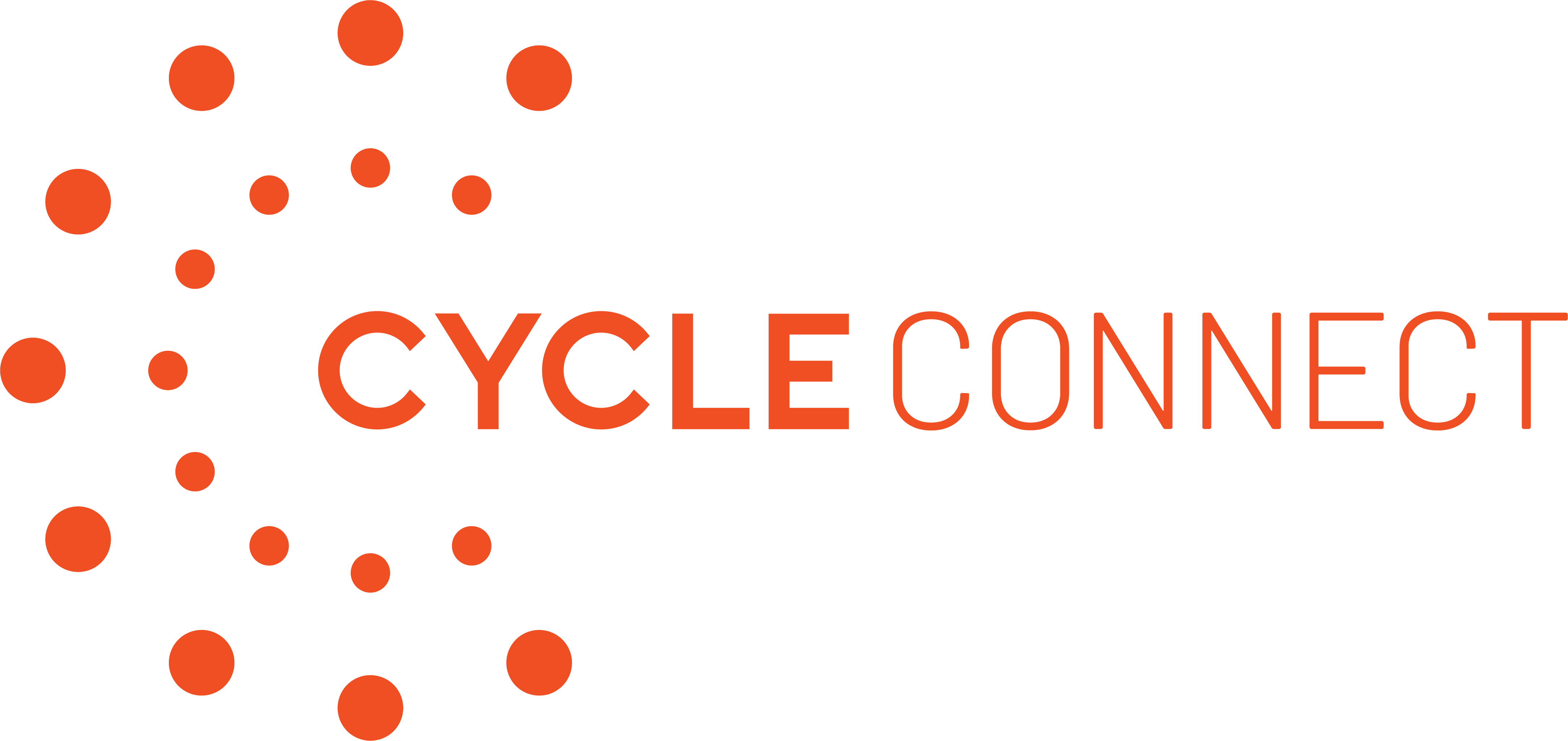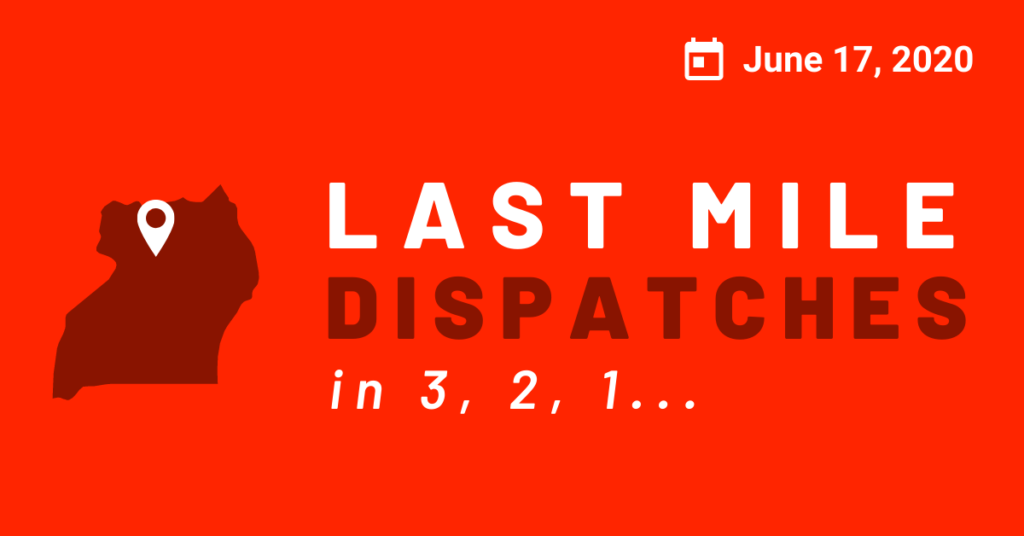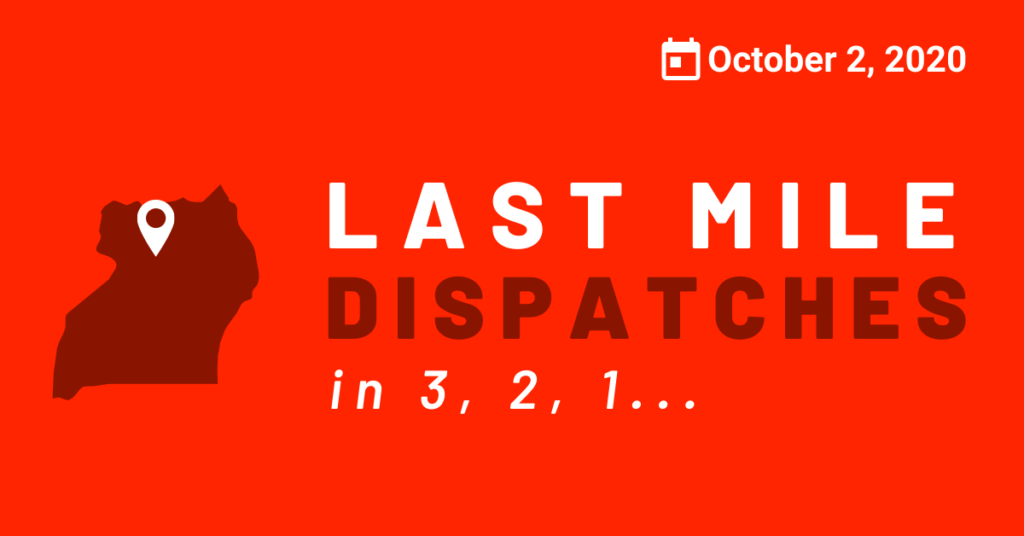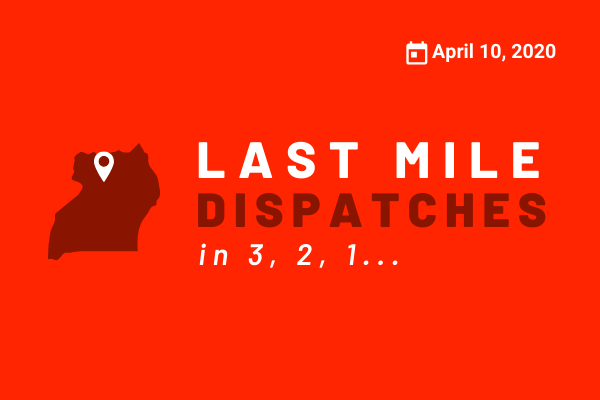By Molly Burke
The last month has been a complete whirlwind, as I’m sure it was- and is- for nearly everyone on this globe.
We’ll be using our blog to include more detailed updates on what’s happening on the ground. First, to catch you up- here’s a summary of the initial few weeks and our rapid-response as an organization.
I took a few days off in mid-March and returned to work on Wednesday 3/17. In just the few days I was away the world shifted– or woke up– in a pretty dramatic way. On my first day back we undertook financial planning and laid out our goals as an organization during the crisis– both the COVID pandemic and long-term economic implications.
Right on the heels of those efforts, on March 19th, we started thinking about our adapted response and how to fulfill our commitments to our communities we work in. We hopped on calls with our Board and key stakeholders.
Immediate financial planning: Given that our goals were both short-term and long-term, we knew that financial planning would be crucial. We forecasted a lot that initial week with some key outcomes: we decided that our Managing Director and I, as CEO, would take a 15% pay cut each. We talked with other members of our management team about their own pay cuts and we analyzed how to take our (already lean) budget and make it even leaner.
Response to our clients: We work with some of the most vulnerable communities. We knew that they would be hit the hardest– either from the inevitable pandemic as well as economic crisis. We understood that our assistance to them would look different than our usual work does. This didn’t phase us. Cycle Connect is highly adaptable and thoughtful in how we adapt. It’s in our DNA. We’re also a culture that is data and client-centric.
So in mid-March, even before tight government restrictions (including a ban on nearly all transportation) went into play we brainstormed initiatives to stay relevant to our stakeholders. Later on, when the restrictions went into effect in late March, these early on thoughts would prove valuable to save critical time. Vulnerable communities don’t have time to waste.
In our early on discussions we focused on three core components:
- Field Officers – pivot to a support call center: We exist to serve last-mile clients, which oftentimes means meeting them where they’re at– traveling miles each day by motorcycle. In the era of social distancing, being physically there isn’t feasible, so we needed to think beyond that. We decided we’d repurpose our field team to instead become a support call center. Toward the end of March, they traded in their motorcycles and relied on their cell phones instead to call thousands of clients to provide accurate and timely pandemic related information– from prevention to symptoms and what to do if you get it, as well as training on food security.
- Data and client-centric: We knew that in order to take the next steps we would need more data and that it would need to come from our clients and other stakeholders in the community. Our support call center would be the way we could both communicate out to clients as well as talk to them to help us inform our next steps. We’re keen to ensure that we understand the problems and needs of our clients before we suggest a solution.
- Core ideology: Our reason for existence is about ensuring last-mile communities can get access to unlock opportunities. This has guided us in our decision-making as we adapt. Our mission is focused largely on our day-to-day, but our reason for existence is a tenant throughout the organization. It has become our north star in the wake of this crisis.
At Cycle Connect we’re a culture that is adaptive, agile, and resilient. This ethos has shaped how we have pivoted in the past and it is defining how we react currently as COVID-19 begins to make its way across East Africa. We’re working around the clock to ensure that our team and clients stay safe and get what they need. To stay up to date with our strategy and changes be sure to check our blog and social media channels.




0 Comments